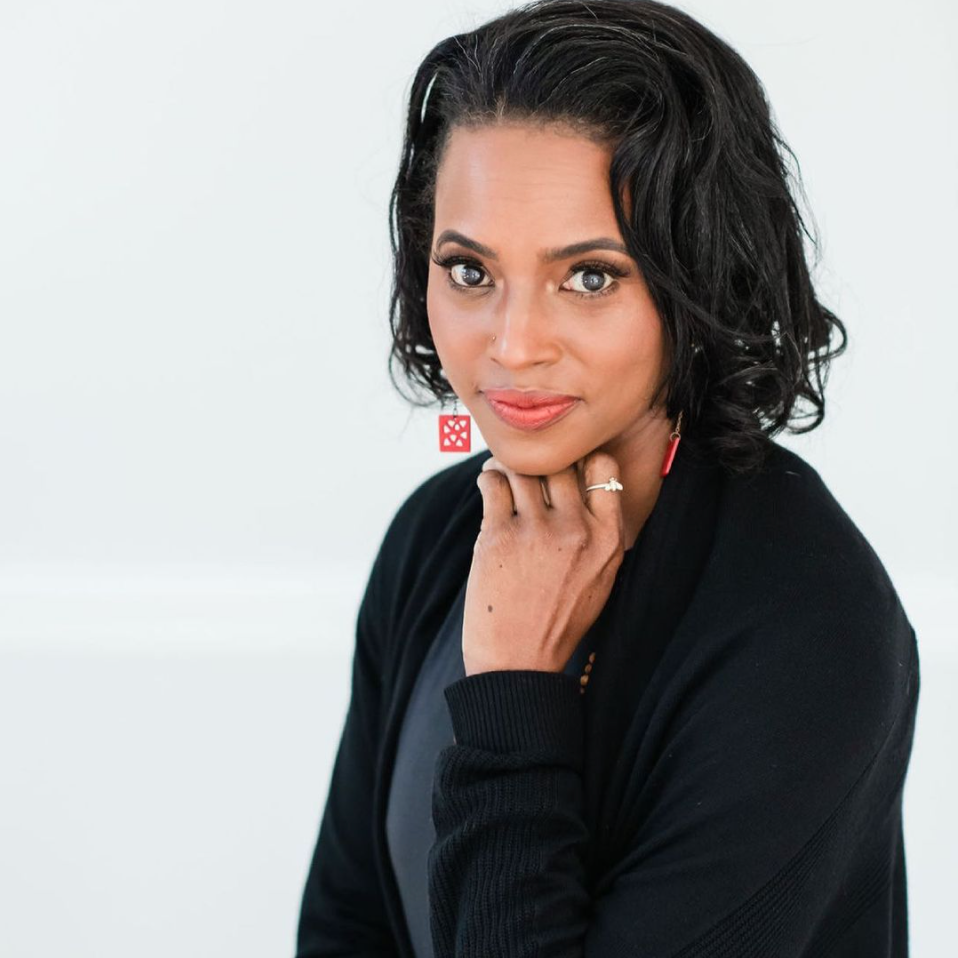Bodyful Episode #20: Shea Rose on Fully Embodying Your Voice
/By Valerie Martin
Shea Rose (she/her) is one of those rare humans who is both incredibly multifaceted and genuinely DEEP in all of those facets— like a shimmering emerald that catches the light from every direction.
She is a musician, an activist, an educator, a healer— and she brings such richness into all of these capacities after having journeyed her own path from trauma to healing in ways deepened all aspects of her voice: inner voice, physical voice, and written voice.
In this conversation, Shea and I explore the power of the voice, how we can start to find our voice when it feels suppressed or small, and how we can use movement and sound to access our fullest and truest self expression.
If you’re a musician or creative of some kind, you’ll especially resonate with this one (no pun intended 🤓) but even folks who don’t strongly identify as creative will still find so much value and depth in Shea’s wisdom.
To listen to the episode, stream from the podcast player below, or search & subscribe to Bodyful on Spotify, Apple Podcasts, or wherever you listen to podcasts.
About Shea Rose (she/her)
Shea Rose is a multipassionate musician, activist, healer, and curator. Her music is influenced by soul, hip-hop, rock, and folk, and speaks to identity, self-acceptance, and transformation. She was a recipient of the prestigious Abe Olman Scholarship from the Songwriters Hall of Fame, has won a Boston Music Award and a SESAC National Performance Activity Award, and was a featured songwriter and performer on two Grammy Award-winning jazz albums.
Shea partners with local, national, and international organizations and has worked with over 30 community groups, charitable and nonprofit organizations in Boston and worldwide. Her collaborations include live and in-studio performances, event curation, and workshop facilitation.
Shea served as an AmeriCorps State and National program volunteer for three years and is the recipient of the Berklee College of Music, Walter W. Harp Liberal Arts Music and Society Award for her demonstration of outstanding achievement in research, civic engagement, and performance relating to music and society.
Shea also offers holistic healing and empowerment services including Embodied Voice coaching. Her work is rooted in an Afrocentric worldview, which values song as a functional tool for engaging in daily life and expression of the full range of our emotional and spiritual experiences. She also integrates yoga philosophy, asana (yoga postures), pranayama (breath control), and yogic sound into her healing work.
You can find out more about Shea and her offerings at shearose.com and on Instagram @shearose.
Links + Additional Resources:
@shearose on Instagram
book mentioned: Shortcuts to Inner Peace by Ashley Bush-Davis
Musician, composer, educator & activist Ysaye Barnwell
African Dance teacher and master healer Wyoma
Clinical psychologist, educator, and teacher Dr. Kellie Kirksey







